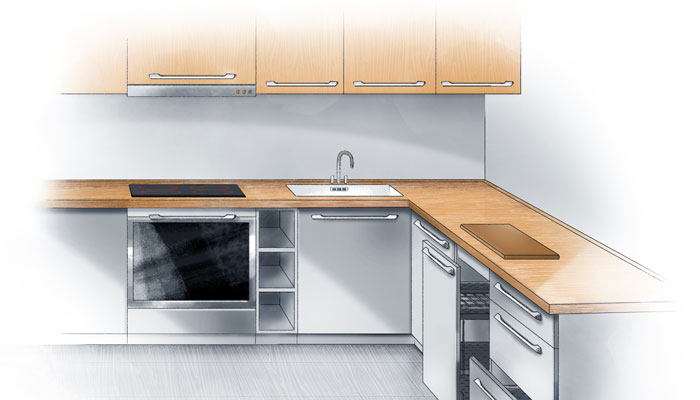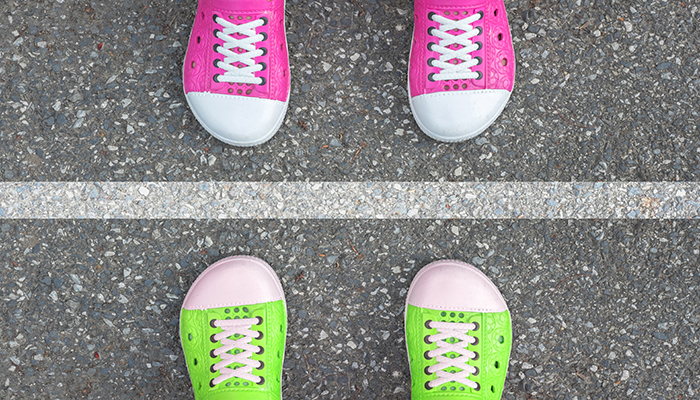
Every adult needs to complete an advance directive (and that means you, too!). It is the health care planning document that medical professionals follow if a patient becomes too ill to speak for him or herself. It gives your loved one the option to name someone as decision maker. And it is the place he…










